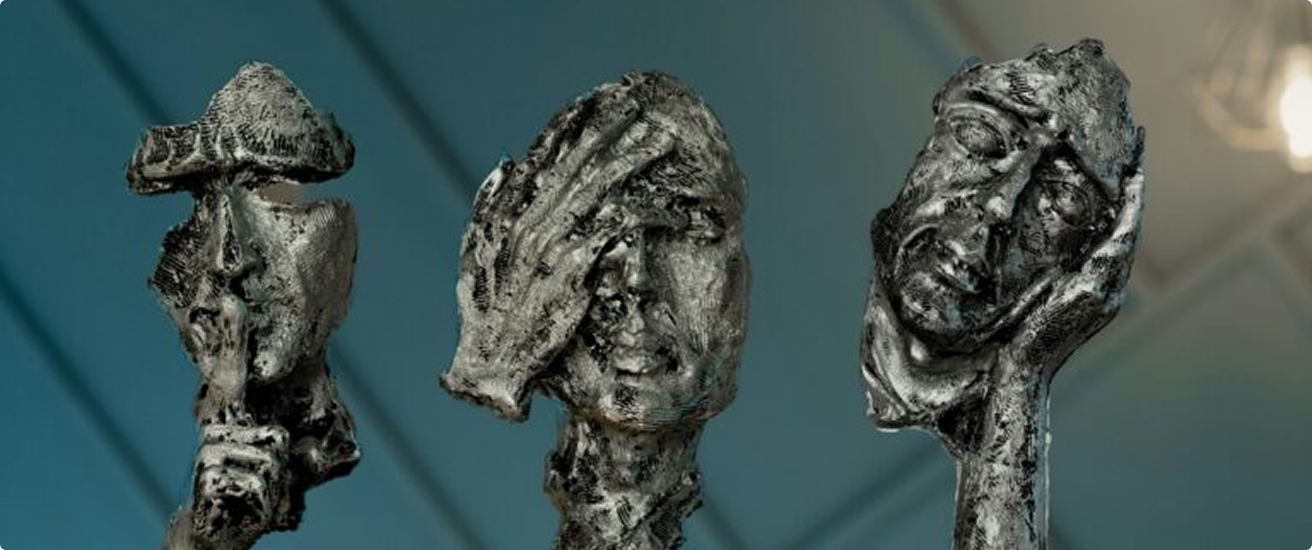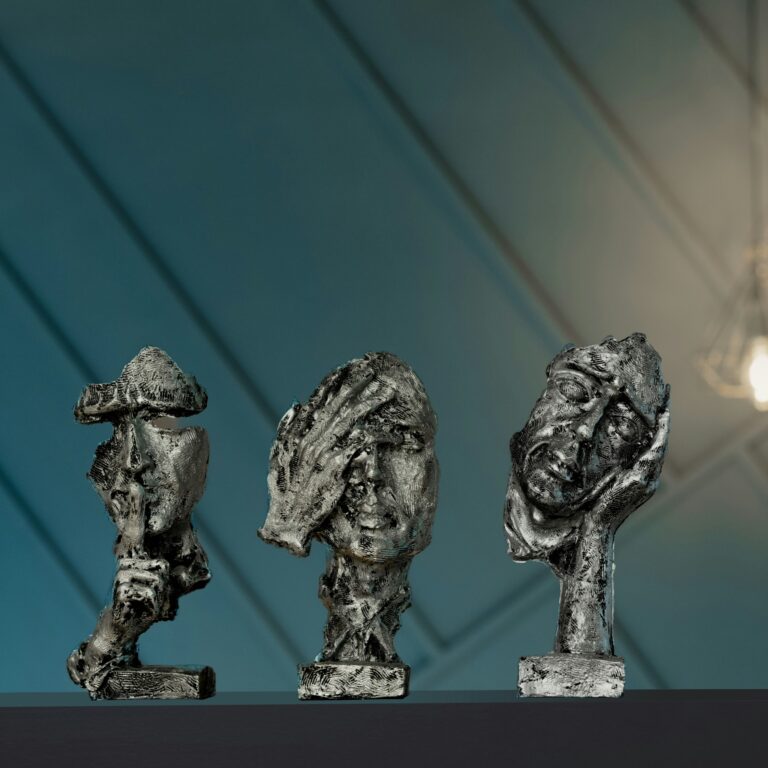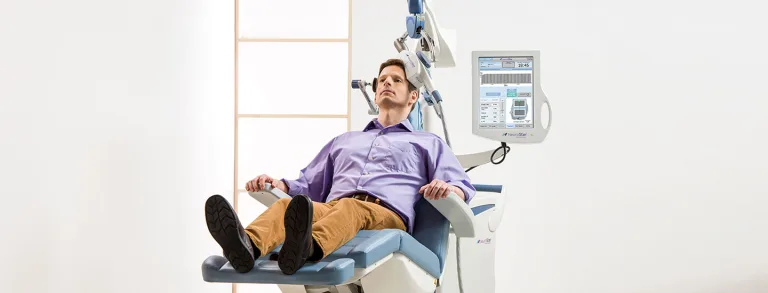Sleep Revenge Procrastination: Why You Stay Up Late Knowing You Shouldn’t
Ever stayed up scrolling even though you were exhausted? You’re not alone—and it’s more common than you think. This late-night…
BLOG
By The PsychPlus Team | May 20, 2025
Figma ipsum component variant main layer. Pixel team prototype asset arrow prototype main component flatten underline. Mask underline link edit background hand. Invite align community fill stroke move move thumbnail select project.

Reviewed by John Doe, MD
Staff Psychiatrist at PsychPlus
May 22, 2025

Do you find yourself constantly saying yes, even when you’re overwhelmed? Do you avoid conflict at all costs, or feel crushed by even the slightest hint of disapproval? If so, you’re not alone—and it might be more than just a “nice” personality trait.
Many people struggle with people-pleasing, but for individuals with ADHD, it often runs deeper. It’s not just about being agreeable—it’s about avoiding the emotional pain of feeling rejected, criticized, or like a burden.
This emotional intensity is commonly tied to something called Rejection Sensitivity Dysphoria (RSD). While it’s not a formal diagnosis, RSD is a widely recognized experience among people with ADHD. It refers to the overwhelming fear of rejection or failure, and the intense emotional response that follows—even when the threat is imagined.
In this blog, we’ll explore how ADHD can make people more prone to approval-seeking behavior, why emotional sensitivity plays such a big role, and how healing involves building self-worth from within—not just from praise.
Rejection Sensitivity Dysphoria, or RSD, is a term used to describe the intense emotional pain that comes from perceived or actual rejection, criticism, or failure. For people with ADHD, these emotional reactions can feel overwhelming—far beyond what most would consider a typical response.
Though RSD isn’t formally recognized in the DSM (Diagnostic and Statistical Manual of Mental Disorders), it’s a widely reported and relatable experience, especially among adults with ADHD. Many describe it as a sudden wave of shame, anxiety, or guilt—even in situations where no real harm was done.
It can look like:
– Over-apologizing for minor mistakes
– Avoiding any situation where failure is possible
– Replaying conversations and obsessing over how others might perceive them
– Feeling devastated by constructive feedback or neutral expressions
To avoid this emotional discomfort, many people with RSD begin to people-please—saying yes to everything, avoiding conflict, and trying to manage how others feel in order to feel safe themselves.
But this coping strategy, while understandable, often leads to burnout, resentment, and disconnection from one’s own needs. And that’s where deeper healing begins.
People with ADHD often experience the world more intensely—emotionally, mentally, and socially. One key reason for this is the way ADHD affects emotional regulation. The brain struggles to manage reactions proportionally, making rejection, criticism, or failure feel sharper and more personal.
This heightened sensitivity is made even more difficult by impulsivity, which can lead to quick emotional responses and overcorrection, like apologizing excessively or overcompensating to please others.
Then there’s the lived experience of growing up with ADHD. Many children and teens with ADHD are constantly told they’re too loud, too forgetful, too scattered—or simply “not trying hard enough.” Over time, this kind of chronic invalidation shapes how a person sees themselves.
To avoid further criticism or rejection, many adults with ADHD develop people-pleasing behaviors as a form of self-protection. Saying yes, avoiding confrontation, or trying to keep everyone happy becomes a survival strategy—not just a personality trait.
But understanding where these behaviors come from is the first step toward change. If you’ve ever felt like you’re “too much” or “not enough” all at once, you’re not alone.
You can learn more about the lasting impact of ADHD beyond childhood in our blog Understanding Adult ADHD: Beyond Childhood Symptoms.
Find a mental health care provider near you
Learn about the conditions we treat

Ever stayed up scrolling even though you were exhausted? You’re not alone—and it’s more common than you think. This late-night…

More Than Just Being Nice Do you find yourself constantly saying yes, even when you’re overwhelmed? Do you avoid conflict…

Ever feel like your reactions don’t quite match your age? Like you’re suddenly 7 years old again—hurt, scared, or overwhelmed…
“I’m fine.”
How many times have you said that—even when you weren’t?
Maybe you take pride in handling everything on your own. You rarely ask for help, keep your emotions to yourself, and feel uneasy when others try to support you. From the outside, it looks like strength. But often, what appears to be independence is actually something else.
Hyper-independence is more than just a strong work ethic or a desire for control. In many cases, it’s a learned behavior—one rooted in past experiences in which relying on others didn’t feel safe. It’s a survival strategy shaped by trauma.
In this blog, we’ll explore what hyper-independence is, how it forms, and why healing often means relearning how to trust, connect, and let others in.
At PsychPlus, we help people unlearn survival patterns and build healthier emotional connections.
Hyper-independence isn’t just about liking your alone time or being self-sufficient—it’s something deeper. It’s the compulsive need to handle everything by yourself, avoid asking for help, and steer clear of emotional vulnerability. People with hyper-independence often pride themselves on being the “strong one,” but that strength can come at a cost.
Unlike healthy independence, which involves knowing your limits and confidently navigating life while still allowing space for connection and support, hyper-independence leans toward isolation. It says, “If I don’t do it, it won’t get done right.” or “Relying on others only leads to disappointment.”
This way of coping might seem like a personality trait or a badge of honor, but it often stems from something more profound. So where does it come from?
Let’s dig deeper.
Hyper-independence doesn’t develop in a vacuum. Psychologically, it’s often a protective response to trauma. When a person learns—especially early in life—that relying on others leads to disappointment, betrayal, or emotional pain, the brain adapts by creating a new rule: Don’t depend on anyone.
These patterns can develop for many reasons:
In these situations, the brain goes into what we can call “self-reliant survival mode.” It learns that the safest way to navigate the world is to depend only on yourself. While this may have helped you survive emotionally at one point, it often becomes a barrier to deeper connection and healing later in life.
But here’s the important truth: this isn’t about being broken. It’s about being wired to survive in a world that may not have always felt safe. Recognizing this pattern is not a sign of weakness—it’s the first step toward healing.
If this resonates with you or someone you care about, you’re not alone. Explore more insights into the emotional health of younger generations in our post on The Gen Z Mental Health Crisis.
While hyper-independence may seem like a strength, over time it can take a quiet toll on both mental health and personal relationships.
People who live in constant self-reliance often experience:
These patterns aren’t selfish or stubborn—they’re survival strategies. If you’ve learned to rely only on yourself, it makes sense that trusting others feels uncomfortable or even unsafe.
But the cost of that safety can be isolation. Hyper-independence can create invisible walls between you and the people who care. You might feel disconnected, even in the presence of others, simply because you’re not used to letting anyone in.
Does this sound like you or someone you love? It’s okay if it does. These responses are incredibly common—and they can be unlearned with the right support.
Learn more about supporting those who might be silently struggling in our guide on How to Support Loved Ones with Depression and Anxiety.
Choosing to break free from hyper-independence isn’t easy—it takes real courage. For many, admitting that you need help feels like the hardest part. But healing doesn’t mean giving up your strength. It means learning that you don’t have to carry everything alone.
Here are some strategies that can support the healing process:
Progress isn’t linear. It’s a process of learning to feel safe in connection again—and knowing you’re worthy of support.
Ready to begin the journey toward connection and healing? Book an appointment with PsychPlus today.
Hyper-independence might have protected you at one point—it was your way of staying safe in an unsafe world. But what once helped you survive might now be keeping you from fully living, connecting, and healing.
Letting go of the belief that you have to do everything alone takes time. It starts with self-compassion—not judgment—and a willingness to explore where your need for independence really comes from.
Healing doesn’t mean you stop being strong. It means you allow space for others to show up for you too.
Want more mental health insights? Explore the PsychPlus Blog for tools and guidance that support your emotional well-being—wherever you are on your journey.

We are starting to see increased support for the idea that people can be addicted to food. There are a number of reasons for this, including brain imaging and various studies demonstrating the way that food can stimulate the brain pleasure centers. This scientific evidence shows that humans and animals experience similar feelings of reward…

The relationship between marital status and happiness is complex and varies among individuals. Numerous factors influence happiness, and it’s crucial to recognize that the correlation between marriage and happiness doesn’t imply causation. While some studies suggest that married individuals tend to report higher levels of life satisfaction, it’s essential to consider the diversity of marital…

The journey of survival is not a straight path. For those who have survived a suicide attempt, life can feel like an emotional whirlwind, filled with moments of relief, confusion, and questions about what comes next. It’s a deeply personal experience that touches every aspect of your being, and it’s okay to feel overwhelmed by…

When it comes to managing depression, finding the right treatment can often feel like navigating a complex maze. Depression treatment options are diverse, with various therapies and medications available to address this challenging condition. Among the most discussed treatments are TMS therapy vs. antidepressants, each offering unique benefits and considerations. Exploring these two approaches—TMS (Transcranial…

For many years mental health professionals like myself have been aware of the “gut-brain axis” or GBA, which refers to the belief that prolonged psychological stress can create intestinal conditions that are experienced as similar to Irritable bowel syndrome (IBS). As the National Institutes of health puts it: “The gut-brain axis (GBA) consists of bidirectional communication between…

Q: What are some of the most effective treatments currently available for BFRBs? A: Scientific data shows us that Body-focused Repetitive Behaviors (BFRBs) are treatable conditions, but solutions often can take a while to be effective. The best behavioral intervention is often referred to habit reversal therapy, which is another way of referring to learning…